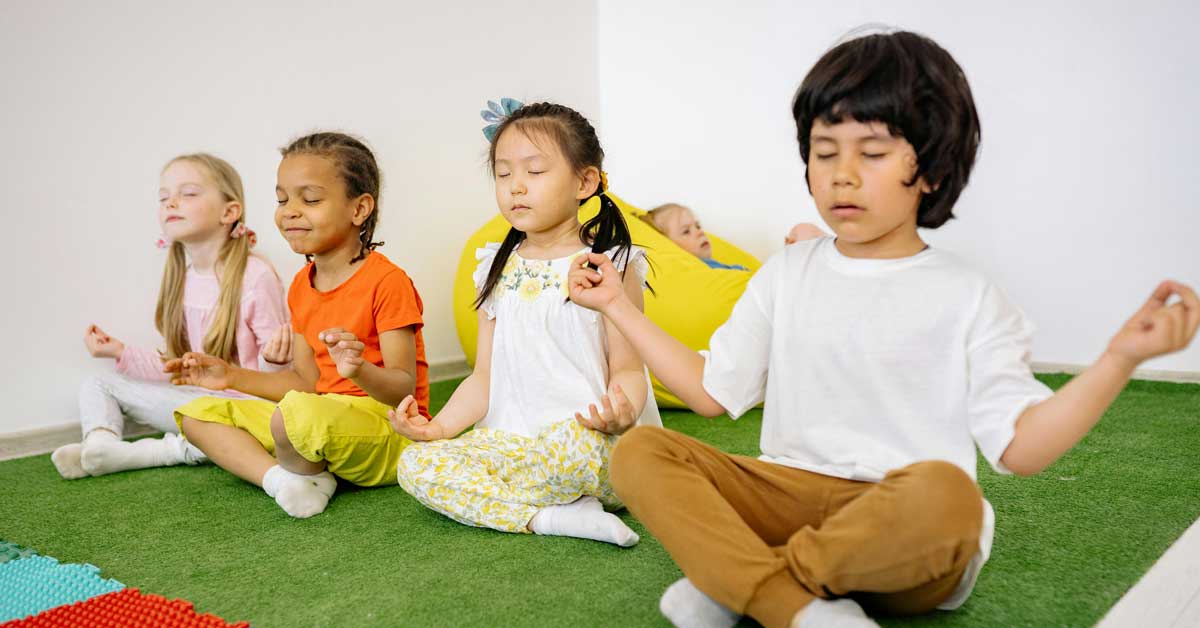This story is part of the SoJo Exchange from the Solutions Journalism Network, a nonprofit organization dedicated to rigorous reporting about responses to social problems. It was originally published by Word in Black.
For two hours on Friday afternoons, a group of high school students split between Stockton and Sacramento, California, hop on Zoom to discuss the book they’re reading. Though they’ve never gathered in person, these students have created a space where they feel comfortable being vulnerable and engaging in enthusiastic discussion.
What is this virtual literary society that encourages Black students to read and talk about literature that reflects the entirety of the Black experience? Aptly enough, it’s called Black is Lit, and it brings Black youths together, amplifies their voices, and enables them to fall in love with books.
One recent Friday, the students discussed the n-word and the history of the KKK, because it came up in their book selection “This Is My America” by Kim Johnson.
Tiffany Herndon, the culturally responsive projects plan manager at Aspire Public Schools who also founded the Black is Lit program in 2021, watched her students engage in academic discourse that was rooted in the book, while also applying it to their personal experiences and offering emotional support from the racialized trauma.
It was a moment of seeing all of the elements of her program come together.
“They were free to be their authentic selves without fear of judgment,” Herndon says of the students. “We’re talking about these hard hitting issues that impact the Black community and thinking of ways in which they want to go out and support and encourage change.”
More Than a Summer Reading Program
Literacy has an impact on the trajectory of your life outcomes
The Black is Lit program was inspired by the idea of having a summer reading program for Black students. Reading and language arts scores were down, and Herndon wanted to help — and make help accessible for students beyond her school.
So Black is Lit was born, inspired by the concepts of “Cultivating Genius: An Equity Framework for Culturally and Historically Responsive Literacy” author Dr. Gholdy E. Muhammad who says literacy is liberation and education is a form of empowerment.
“We really wanted to reintroduce that concept and that spirit back into the learning environment for our scholars, and disrupt like the disproportionate outcomes that we see for Black students across the nation and low Black student achievement,” Herndon says.
The discussions included textual and character analysis, and making real world connections to the text. From relating to and interacting with the book, Diorue Hodges, 16, said she has been able to translate those skills to other classes, as well as better articulate her thoughts on racial matters.
“I now know how to engage in those conversations without just shouting or getting angry really fast,” Hodges says. “I can have that discourse with my peers and educators now.”
The Pilot Program
In its pilot year, Black is Lit consists of 22 students attending Aspire Alexander Twilight Academy in Sacramento and Aspire Langston Hughes Academy in Stockton. In the fall, the program will be available at all of Aspire’s 6-12 schools.
The program will focus on one book each year, and this year’s pick, “This Is My America,” which focuses on mass incarceration and the prison industrial complex. Each book chosen will have a social justice lens and cover a topic that adversely impacts the Black community.
I wanted to do something more outside of school, and I want to do more advocacy for us as Black people.
— Nieja Harris, Apire Public School Senior.
Hodges said she’s gained a lot of insight, especially on the physical reactions to racism and discrimination. As someone who hasn’t experienced overt face-to-face racism, Hodges says she couldn’t understand why her mom, a dark-skinned woman, sometimes gets panicky or breaks down after racist interactions.
“In Black is Lit, we discussed that everyone has different reactions and approaches to racism,” Hodges says. “It did allow me to be more empathetic toward my mom and her feelings. And I was able to help her validate her feelings.”
'I Can Be Comfortable With Being a Nerdy Black Kid'
All three students who spoke with Word In Black said that wanting to be part of an academics-based Black student group was their motivation to join Black is Lit.
“This was one of the first clubs that I felt connected to or that I could relate to,” Hodges says. She was skeptical to join because of the time commitment and having to be vulnerable with her peers.
“We created an open and welcoming space. Other than [the Black Student Union], there wasn’t really many options for a safe space as a Black student that can just be myself unapologetically.”
William Ellington, 14, has always been a good reader, but he wanted a space where he could “be comfortable with being a nerdy Black kid.” Once the program is over, he’ll carry on the concept of literacy being liberation.
“I hope to maybe inspire other Black kids who feel like they might not be as smart or they might not be as able to articulate as other people when they’re just as able to, if not more than every other kid,” Ellington says. “And I really hope that this program helps inspire other kids to realize that.”
Though she just graduated, Nieja Harris isn’t leaving Black is Lit. While working toward her criminal justice major in college, Harris will intern with the literacy program because she “isn’t ready to leave.” Other than BSU, this gave her a space where her voice is heard.
“This is important to me because even though I know that I’m a senior and I graduated from high school, I wanted to do something more outside of school, and I want to do more advocacy for us as Black people,” she says.
Black is Lit Nationwide
Overall, Herndon wants her students to embrace the spirit that literacy is liberation and reconnect to how the Black community embraced education as empowerment. She also wants to reframe their learning experience.
“I want them to feel like they’re agents of change in their community and that they’re equipped to go out and be leaders,” Herndon says.
“My number one goal is to experience a learning environment that is culturally responsive, and understanding what it feels like when your identity is at the center and is uplifted and validated in your learning space.”
Going forward, Herndon wants to scale the program to the state level and then take it national.
Most importantly, Hodges says, the key is having an open space.
“We didn’t feel like our voices were being silenced.” Hodges says. “We were able to just express ourselves, and that’s not something that a lot of students get on campus.”
Related: Get inspired by alternatives to Amazon for books and alternatives to Audible for audiobooks





